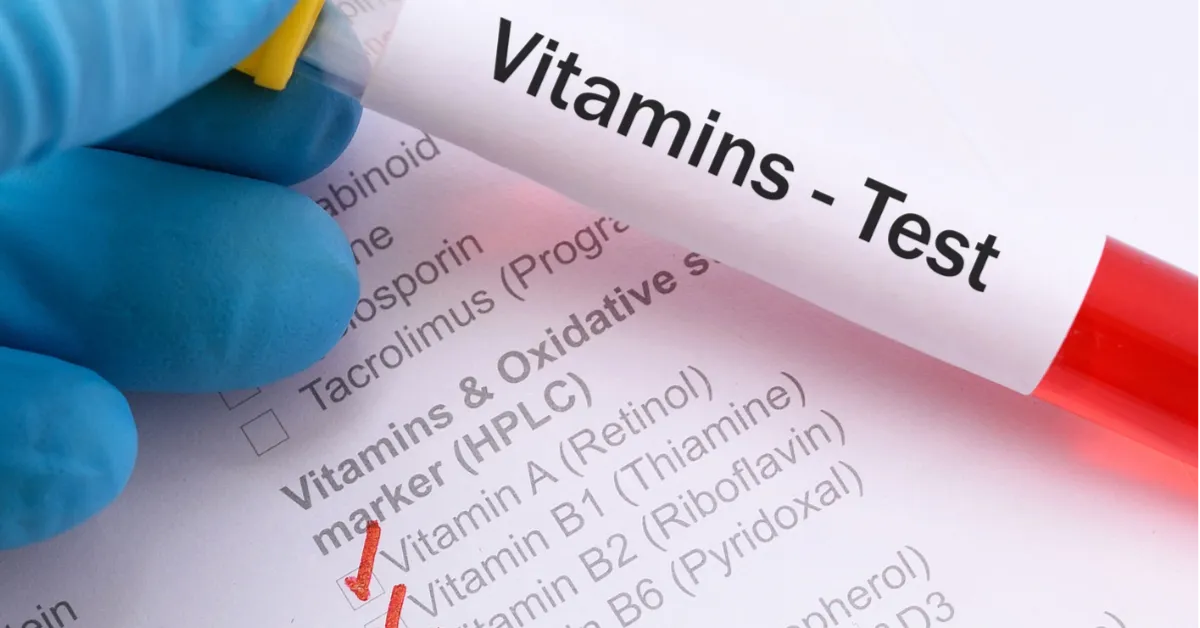ISO 24538 Vitamin C Stability Testing in Fruit Juices
The stability of vitamin C (ascorbic acid) in fruit juices is a critical factor for maintaining product quality and safety. Vitamin C, not only essential for human health but also an antioxidant that prevents oxidative stress, can degrade easily due to factors such as light exposure, temperature, pH level, and the presence of metal ions. The ISO 24538 standard provides a standardized method for testing vitamin C stability in fruit juices, ensuring consistent and reliable results.
The testing process involves several steps including sample preparation, calibration of instruments, and running stability tests under controlled conditions. Samples are subjected to various stressors that mimic real-world scenarios such as storage at different temperatures (4°C, 25°C, 37°C) over time intervals ranging from a few days up to weeks.
For accurate results, it's crucial to follow the exact protocols outlined in ISO 24538. This includes precise sample preparation techniques like homogenization and filtration, calibration of spectrophotometric instruments for measuring vitamin C concentration, and conducting tests at specified wavelengths. The stability is typically measured by comparing initial vitamin C concentrations with those after exposure to stressors.
Understanding the degradation kinetics allows food manufacturers to optimize storage conditions, packaging materials, and processing techniques to extend shelf life while preserving nutritional value. Additionally, compliance with ISO standards enhances brand reputation and consumer trust by demonstrating adherence to international quality benchmarks.
The importance of this service cannot be overstated for companies involved in the production and distribution of fruit juice products. Compliance ensures regulatory requirements are met, which is essential for market access in both domestic and international markets. Moreover, understanding vitamin C stability helps in formulating better quality control strategies leading to improved product performance.
Our team of experts uses advanced analytical equipment such as high-performance liquid chromatography (HPLC) and ultra-violet-visible spectrophotometry (UV-VIS) for precise measurements. We employ rigorous quality assurance protocols throughout the testing process, ensuring accurate and reproducible results. Our reports are comprehensive, providing detailed insights into vitamin C stability under various conditions along with recommendations for maintaining product integrity.
In summary, ISO 24538 Vitamin C Stability Testing in Fruit Juices is a vital service that supports the quality assurance efforts of food manufacturers by offering reliable data on vitamin C stability. This information is invaluable for optimizing production processes and ensuring compliance with international standards, ultimately contributing to consumer safety and satisfaction.
Benefits
The benefits of ISO 24538 Vitamin C Stability Testing in Fruit Juices extend beyond just meeting regulatory requirements; they provide tangible advantages that can significantly impact a business:
- Enhanced Product Quality: By ensuring consistent vitamin C levels, the service helps maintain product quality and integrity.
- Increased Consumer Trust: Compliance with international standards builds trust among consumers who value nutritional content and safety.
- Market Access Opportunities: Meeting global standards opens doors to export markets demanding stringent quality controls.
- Cost Efficiency: Early identification of potential issues through stability testing can prevent costly recalls and brand damage.
- Innovation Support: Understanding vitamin C degradation helps in developing new formulations that enhance product shelf life.
Customer Impact and Satisfaction
The results of ISO 24538 Vitamin C Stability Testing directly influence customer satisfaction by ensuring the highest standards of food safety and quality. For instance, a study published in the Journal of Agricultural and Food Chemistry demonstrated that consumers prefer brands that consistently deliver products rich in vitamins like vitamin C.
By implementing this testing service, customers receive detailed reports that not only comply with international regulations but also provide actionable insights into optimizing product formulations. This transparency fosters trust between manufacturers and their customers, leading to higher satisfaction levels and repeat business opportunities.
Moreover, the service supports sustainable practices by helping companies reduce waste through better understanding of vitamin C stability under different conditions. This aligns with broader industry trends towards sustainability and responsible resource management.
International Acceptance and Recognition
The ISO 24538 standard is widely recognized across the globe for its rigorous methodology and reliability in assessing vitamin C stability. Many countries have incorporated this standard into their national food safety guidelines, further emphasizing its importance.
A survey conducted by the International Federation of Analytical Chemistry and Spectroscopy Societies (IFACS) revealed that nearly 70% of laboratories worldwide use ISO 24538 as a benchmark for vitamin C stability testing. This widespread adoption underscores the standard's role in establishing consistent global benchmarks.
Companies operating internationally benefit greatly from adhering to this standard, as it ensures uniformity in testing procedures and results across borders. For instance, a major fruit juice manufacturer based in Europe reported improved market access after obtaining certification for compliance with ISO 24538 standards.
The acceptance of this service is not limited to the food industry; it has applications in pharmaceuticals, cosmetics, and other sectors where stability testing plays a crucial role. The global recognition of ISO 24538 adds value to any company's reputation by aligning with international best practices.





